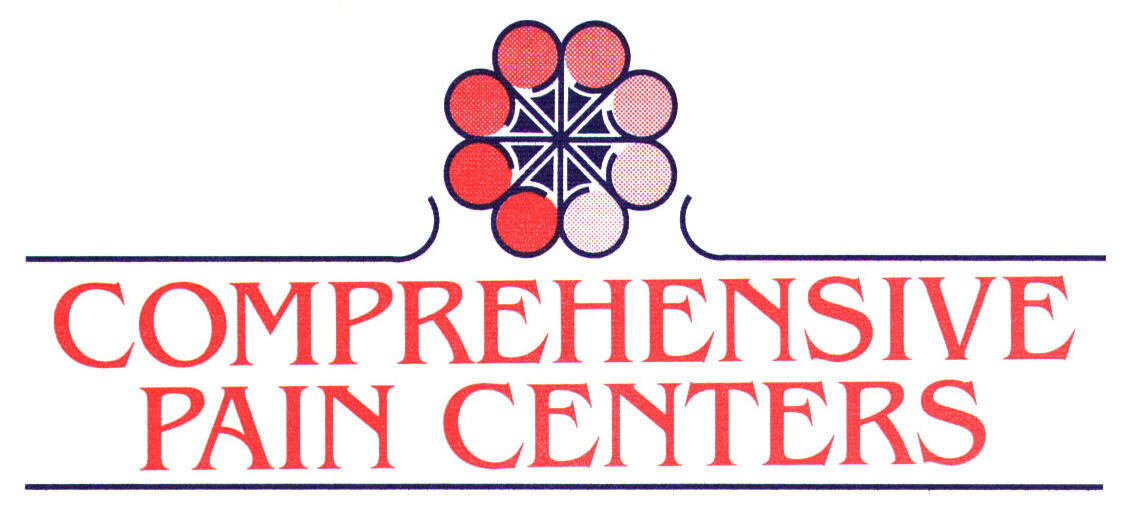Knee Pain, the Most Common Pain
Knee pain is the most common pain complaint cited among all age groups. There are multiple causes of pain in the knees, which range from a variety of injuries, such as a torn ligament, a fracture or torn cartilage. Medical conditions such as arthritis or infection can also be a cause for knee pain.
Symptoms
Signs and symptoms of knee pain, which could be serious, can vary:
redness and warm to touch
popping and crunching noises
unable to move the knee
weakness, swelling, stiffness
You should call your doctor if you are experiencing symptoms of:
marked swelling of the knee
restriction in movement the knee
have fever as well as swelling and redness in the knee
if you’re injured with severe knee pain
Causes
There could be multiple causes for the knee pain which varies from arthritis, injuries or mechanical problems.
Injuries
ACL tear: Anterior cruciate ligament, which connects your tibia to the femur, can be torn. This is a commonly seen sports injury.
Fractures: Fractures of bones around the knee can occur. Often this is seen in car accidents or falls.
Meniscus tear: The meniscus is a tough cartilage which provides cushion for the knee. It can be torn with something as simple as twisting of the knee, or uncertain/accidental movement.
Knee bursitis: The inflammation of the sac of fluid which questions the outside of the knee can also cause pain.
Patellar tendinitis : Tendons are a thick fibrous tissue which connects the bones and and muscles. Sports injuries, in particular in runners and skiers, are common for development of tendinitis of the patella.
Biomechanical Problems
Iliotibial band syndrome: This is a tough band of tissue which connects the hip to the knee on the outside of the leg. Sometimes this band becomes so tight that it rubs against the outer portion of the femur. People who are long distance runners and cyclists are prone to this condition.
Dislocation of knee cap: Some people are more susceptible than others to this, if the tissues that support the kneecap are weak or loose, such as in people with hypermobile joints, or because the groove in the bone beneath the kneecap is too shallow or uneven. Dislocation can cause severe pain. More commonly it is caused by traumatic injury, or by placing an excessive amount of pressure on the knee joint. Dislocation injury is more common in women, and is one of the more common injuries sustained by athletes.
Gait changes: Sometimes a patient will begin to complain of back, hip and/or foot pain. This can cause the changing of their gait, which then causes stress on the knee joint and creates additional pain elsewhere in the body. Addressing the source of this new compensation pattern by the body is key.
Risk Factors
A number of factors which can increase the risk of knee pain include:
weakness of the muscles or lack of flexibility - Stronger muscles usually protect and help to stabilize joints. A lack of strength and flexibility can increase the risk of knee injuries.
obesity - Excessive weight leads to a significant risk of osteoarthritis of the knees as well as other joints in the lower extremities. Simple movements can then cause injuries to the knee and pain.
certain sports and occupations - There are specific sports and occupations which require repeated pounding of the knees. This increases the risk of knee injury.
total knee replacement - From time-to-time a patient with a total knee replacement can start getting severe pain around the knee. This can cause local nerve irritation.
Prevention
An ounce of prevention goes along way to help reduce knee pain and injuries . Here are a few suggestions to help reduce the pain and potential injuries:
reduce your weight
Improve strength and flexibility, especially if you’re involved in sports
be aware and smart about exercising to protect yourself from suffering from chronic knee injury or osteoarthritis. Example: If you are running, and that is causing further inflammation and pain in the knee, consider changing to swimming, water aerobics or another low-impact activities.
f you are dealing with knee pain, contact a Comprehensive Pain Center location near you to schedule an immediate evaluation with one of our experienced specialists. We take multiple insurance plans; To make an appointment, and take the first step toward getting back your life, call us today.
